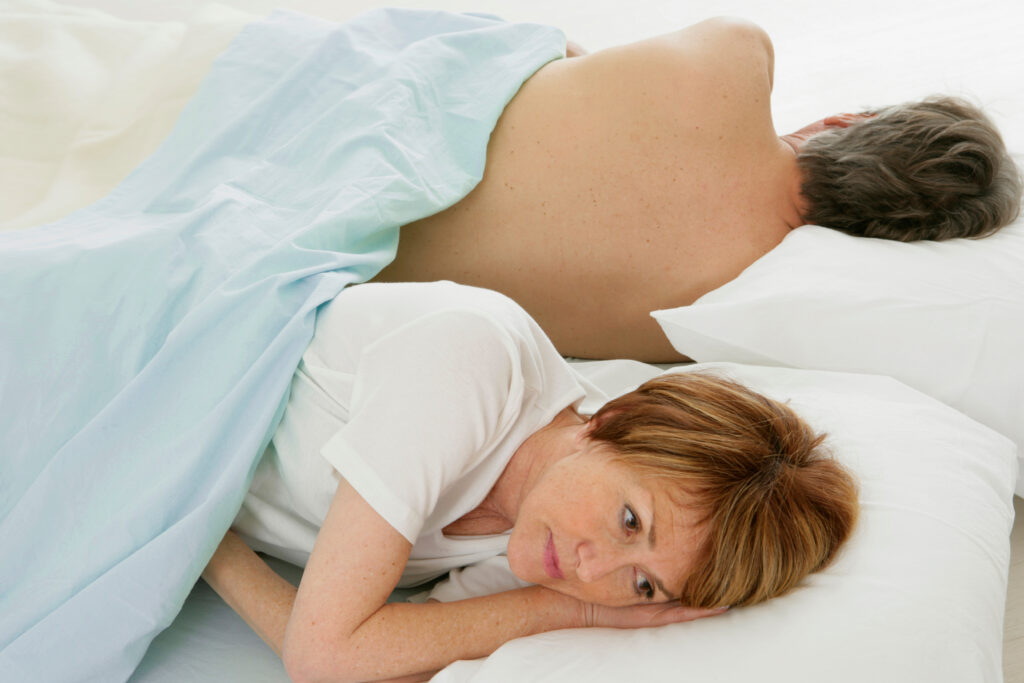Libido, the desire for sex, varies among individuals and can be influenced by medical conditions, hormones, medications, lifestyle, and relationships.

New couples may experience a decrease in sexual activity over time, while busy schedules can diminish interest in sex. There is no standard level of libido, as the frequency of sexual activity varies based on personal preference and circumstances. Some individuals may have sex daily, while others may have sex infrequently or not at all.
It’s not necessary to seek professional help unless libido issues cause problems in the relationship.
Talking to a doctor about changing medications or trying alternative options can help address concerns about medication affecting libido.
If an individual experiences a decline in sexual desire without a clear cause, a provider can assist in diagnosing the underlying reason through a combination of physical examination, review of medical history, and blood tests.
Treatment for diminished libido varies depending on the underlying cause and may involve addressing any associated medical conditions, such as depression (although some antidepressants can contribute to decreased libido), counseling, stress management techniques, vaginal rejuvenation, O-shot, P-shot, and hormone therapy.
